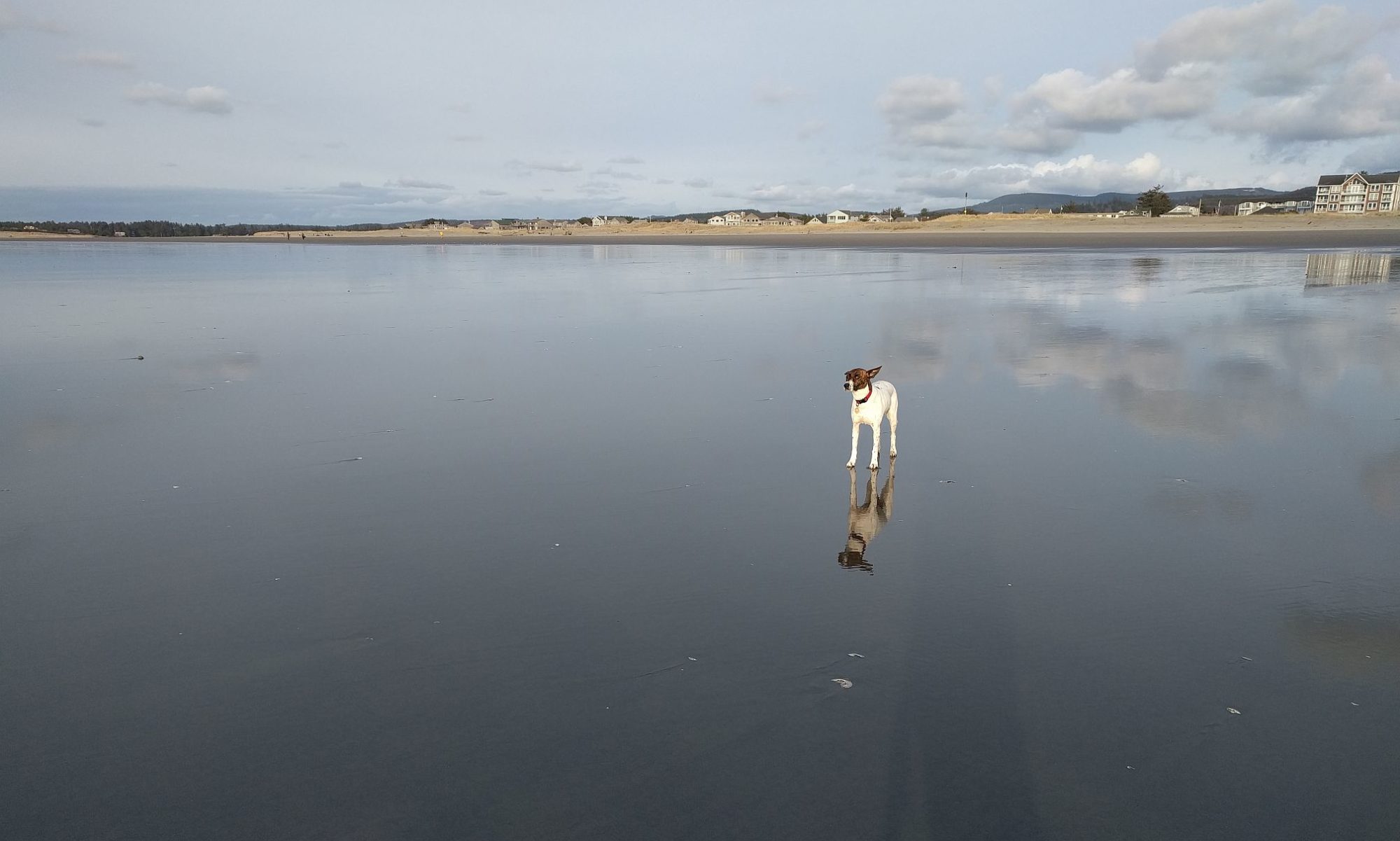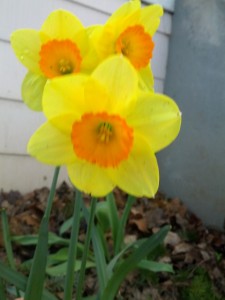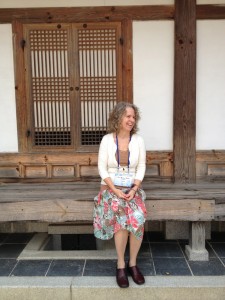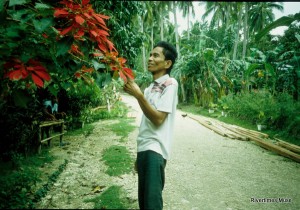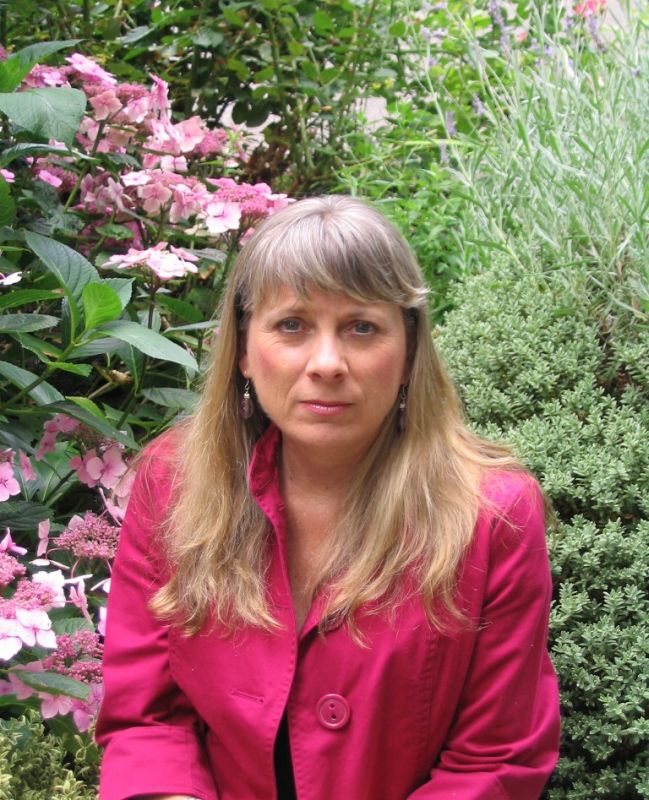“We must learn to see the world anew.”
Albert Einstein
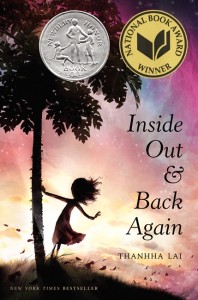
Lately, I read plenty of kid-lit, especially books for the “middle grade” readers. So many writers impress me with their poetic way of telling a good story, and not long ago I walked through Powell’s on Hawthorne as a writer-friend pointed to books she loves. She reached up and grabbed Inside Out and Back Again by Thanhha Lai, and I was sold.
“A good immigrant story always gets me,” she said.
This story will bring any reader closer to understanding the pain of dislocation that many refugees suffer, and it’s the sort of read that changes you a bit–leads you into a world you didn’t know you didn’t know (the best kind of book!).
Awarded the 2011 National Book Award for Young People’s Literature and one of the two Newbery Honors that year, Inside Out & Back Again is based in the author’s personal experience.
Hà, only 10, hasn’t seen her father in nine years, and now she’s forced to leave Saigon because of some war she doesn’t understand. Her family flees the comfort of friends and fresh papaya to meet glaring eyes and lonely lunches in Alabama.
[pullquote]No one would believe me but at times I would choose wartime in Saigon over peacetime in Alabama.[/pullquote]
Yet during this first year of upheaval, Hà grows stronger. With the help of her older brother she learns to control her temper and to defend herself. Some kids at school ruthlessly chide her, and even her teacher lacks the empathy we’d hope to find in a classroom, but the “cowboy”–the family’s sponsor–helps. Hà’s mom remains a kind and gentle pillar of strength as well.
While full of both grief and healing, the novel is unexpectedly funny.
Inside Out & Back Again is an ideal read-aloud. For middle-grade or even high-school students, it is an ideal choice for teachers trying to blend the studies of Language Arts and Social Studies or parents who want to help their kids better understand people from around the world while also growing to love a good story.
Lai’s novel fits with other superb literature for young readers by writers like Karen Hesse–also a master of telling historic stories in verse. Hesse won the Newbury for Out of the Dust and other books such as Rifka and Witness. She was recipient of MacArthur Fellow in 2002. Continue reading “Inside Out & Back Again: An Immigrant Story in Verse”
